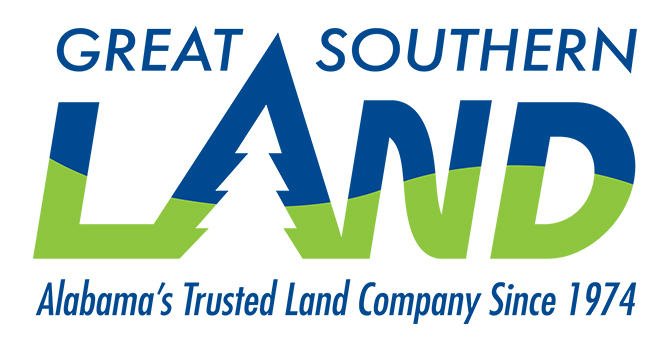By: Eric Leisy, ALC, GRI
So you get a call from Mr. Jones asking if you want to list his 500 acres. He tells you the property has a fully stocked 50-acre lake that has been intensively managed for trophy bass; the property is dominated by beautiful mature hardwoods that have never been cut; there are over 75 acres of planted food plots for wildlife, also intensively managed; and the road system is extensive and can be driven in a car. He goes on to say he wants to price it to sell fast, as he and his wife are getting too old to look after the property and are ready to move closer to their grandchildren. You make an appointment to meet him tomorrow to visit the tract, gather information, and do your due diligence. This potential dream listing in a great location that you know will sell quickly has you giddy with excitement!
Well, you meet Mr. Jones at the coffee shop. He jumps into your truck to ride with you to his property. After a short drive you pull up to the first gate and enter, then you go a little further and through another gate that is the entrance to his property. You enjoy your tour. The property is actually even better than he previously described. You know this will be an easy property to sell.
You then ask him ”Do you have deeded access from the paved county road to your gate?” and he answers “Well, no I don’t. Mr. Smith has always just allowed me to cross his property and we get along just fine.”
You now see your dream listing in a whole different light and it is not so good! Well, what do you do now?
Basically, you have four options. OPTION 1- Accept the fact that you have a prescriptive easement to access the property and factor the price accordingly. . This option will pretty much limit your market to cash buyers only, as most lenders will not lend money to purchase property without deeded access. Another problem with this option is the unknown of what will happen when Mr. Smith is no longer the owner of the adjoining property being used for access. The new owner may not want you driving across his property.
OPTION 2 – Although in Alabama you cannot be landlocked, you still may have to go to court to gain some sort of access. This will mean legal fees and other possible expenses, as well as, the court may only grant you an easement for ingress and egress (coming and going).. The easement may be limited in width and not include utilities. This is a legal easement that the lenders will now finance, but the buyer may not be able to get power and public water to a home/cabin site.
OPTION 3 – Mr. Jones asks Mr. Smith to give him deeded access. Mr. Jones can offer to pay for the survey and any other costs associated with having this agreement drawn up. This obviously is the best case scenario.
OPTION 4 – Mr. Jones offers to purchase deeded access to Mr. Smith’s property. If you choose this option or option 3 be sure that the easement is wide enough (typically 45’-60’should suffice) and allows utilities. We recently helped a client purchase a 45’ easement for ingress, egress, and utilities that was ½ mile long, at a cost of $4,000.00. The value added to the property was far greater than the cost to purchase the easement.
So, there you have it, a quick summary on how to handle a fairly common easement issue. In closing, I have found that when you encounter potential problems like this, it is best to sit down face to face with the landowner that you are requesting the access easement from. Calmly go over the process and explain why it is needed. Most people will respond much more positively to this type of meeting over a cup of coffee rather than getting a letter or email.. You might be pleasantly surprised at the end result.

